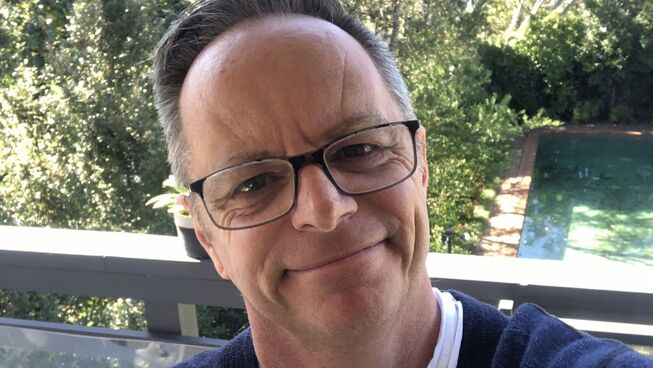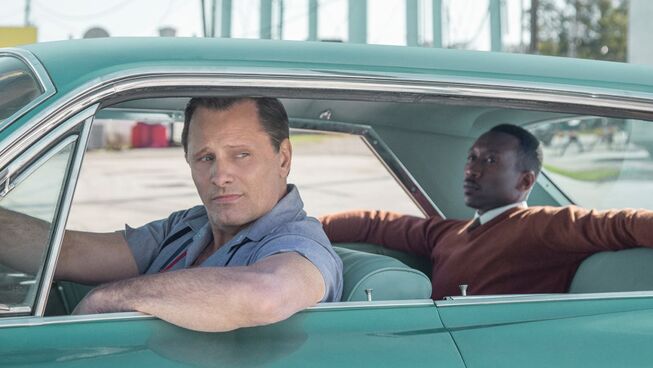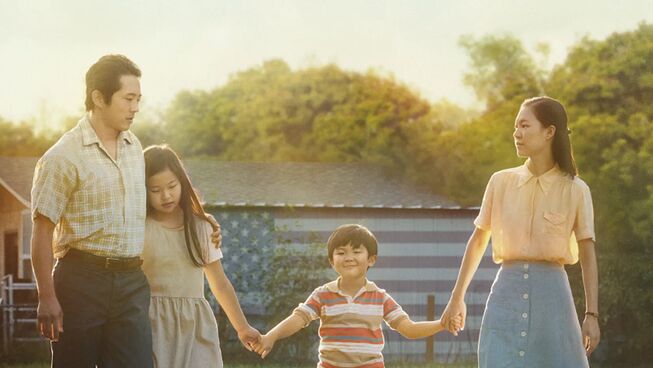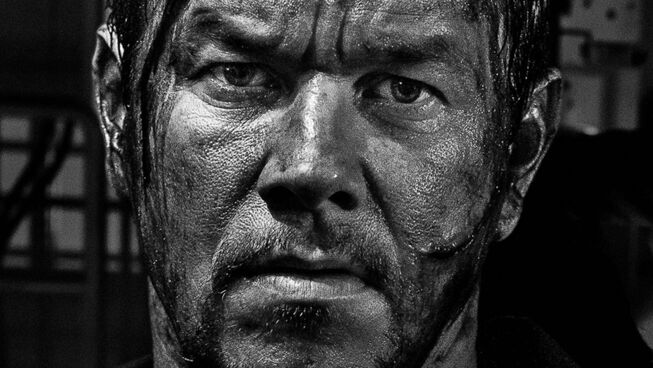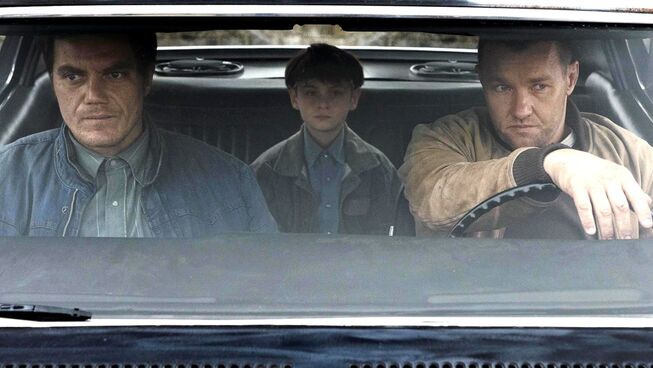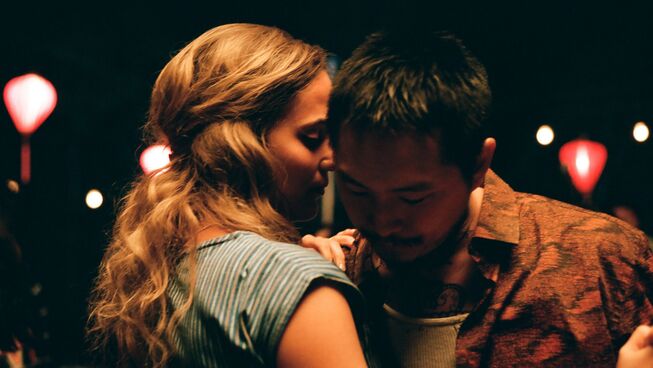
4 out of 5 stars
Throughout cinematic history, Louisiana has provided a marvellously colourful playground for filmmakers. This unique cultural landscape is soaked with the humidity of this region while being peppered with the rich Cajun heritage. This area of the world can often provide the viewer with the implied smell of the swampy fields permeating every story. All the while, the vicious element of racism can be seen lurking under the surface of these muddy waters. Against this backdrop, Justin Chon (Twilight, Gook) directs, writes, and stars in this gritty tale that addresses the inconsistencies of the Child Citizenship Act of 2000.
This multicultural story centres on Antonino LeBlanc (Chon). This Korean orphan was adopted by a New Orleans family when he was three. As an adult, he is married to Kathy (Alicia Viklander), who brings her daughter, Jessie (Sydney Kowalske), into their relationship and is currently pregnant with Antonio’s child. As they try to make ends meet, the couple must deal with Jessie’s estranged father Ace (Mark O’Brien) along with their financial difficulties.
To make matters worse, the tattooed immigrant has a run-in with the law which means he is flagged by ICE (Immigration and Customs Enforcement). While Antonio was adopted by an American family, is married to a US citizen, and has spent most of his life in the USA, he is threatened with deportation. He discovers a weird quirk within the legislation signed back in 2000. The law means that he is not a citizen and now needs to fight against being sent back to a completely foreign country. Along with the current legal woes, Antonio must face the demons of his past rejections to see his way forward. As he works through these challenges, he meets Parker (Line Dan Pham), a Vietnamese refugee fighting her own battles. Each of their stories help audiences to consider the importance of family and belonging.
Despite carrying the weight of directing and writing, Chon proves his acting chops alongside Academy Award-winner Alicia Viklander. Each delivers a stellar performance along with the majority of the cast. While the relationship that stands out and carries the film along is that of Chon with his on-screen step daughter portrayed by Sydney Kowalske. This amazingly talented child actress steals every scene and makes these characters' chemistry incredibly believable.
Alongside his acting, Chon comfortably sits in the seat of the director. He proves that he can manage the movie's pace with finesse while developing the different characters to tell their stories. This young director also manages to blend the various cultures of New Orleans, Korea and Vietnam into a seamless mosaic that becomes its own. If there were any weaknesses in this production, some of the writing did come off a little clunky. This meant that some of the side characters could be seen as two-dimensional at times. Still, this does not detract from the overall entertainment value of the film.
Admittedly, Blue Bayou could be labelled as an educational statement for the public on the issues surrounding the Child Citizenship Act. Yet, Justin Chon does a powerful job of helping us to identify and engage our emotions with one of our basic needs as humans of belonging. Be sure to bring your tissues.
Reel Dialogue: The value of adoption
Throughout the film, Antonio is constantly forced to ask: “Who would choose to be there for me?” “If I don’t belong here, then who is here ‘for’ me?” and “Who would choose to be ‘for’ me?”
Adoption can be said to carry with it a mix of celebrations and difficulties. Where the child who is at the centre of it all constantly feels torn between two families. Then to add the complexities of culture and language within an international adoption adds a whole other level of tension.
Interestingly within the Christian tradition, followers of Jesus are considered adopted children of God. This film should make Christians appreciate the privilege of being adopted by a God who is always for them. In answering the questions from above, there is an awareness of a God who has chosen his followers and chosen to be a God whose love is never taken away.
For you did not receive the spirit of slavery to fall back into fear, but you have received the Spirit of adoption as sons, by whom we cry, “Abba! Father!” - Romans 8:15
What then shall we say to these things? If God is for us, who can be against us? - Romans 8:31
